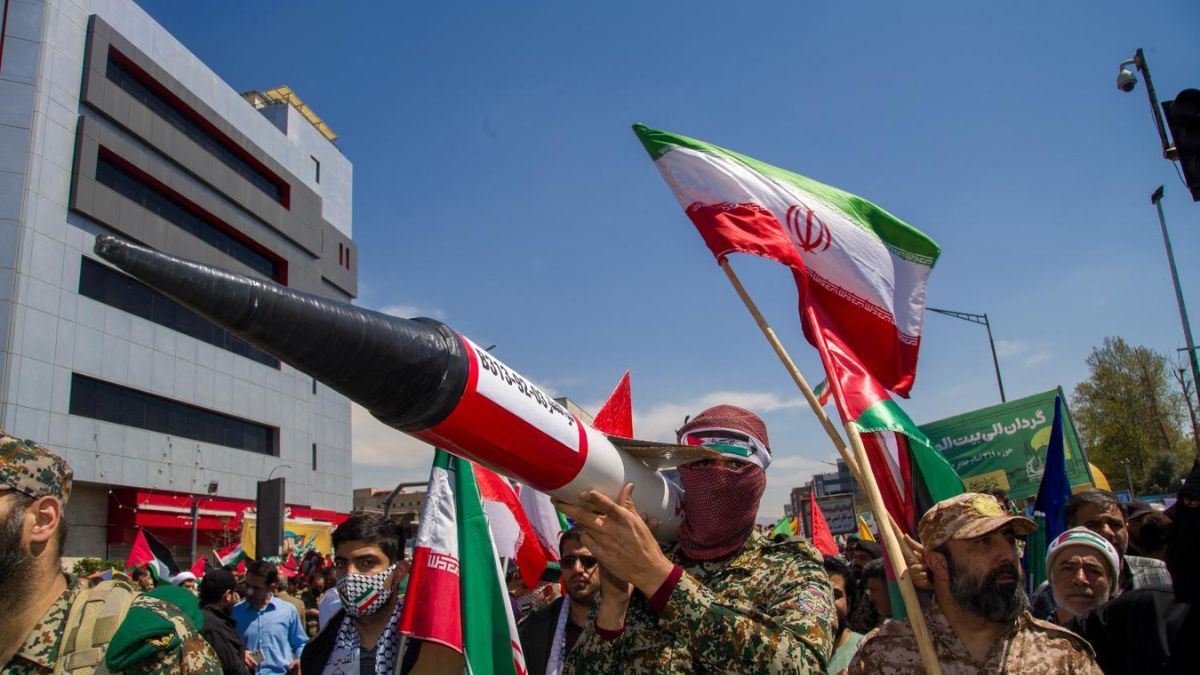Israel’s ally, the US, is feeling uneasy. America’s Treasury Secretary, Janet Yellen, is worried. She is troubled by the situation in West Asia. She believes a surge in violence could impact the global economy.
“From this weekend’s attacks to the Houthi attacks in the Red Sea, Iran’s actions threaten the region’s stability and could cause economic spillovers,” said Yellen.
As per her statement, Iran’s actions threaten the region’s stability, but what about Israel’s airstrike in Syria? Conveniently, Yellen made no mention of it. She paints Iran and its proxies as the problem but overlooks the Israeli strike that set off the latest tensions. That is American politics for you. Irrespective of who they blame, they’re right when they say that this will have economic spillovers.
Economists at the IMF are nervous; they are concerned about the fluctuation in oil prices.
In the event of a wider war in West Asia, the conflict’s biggest casualties will be the oil supplies from the region. They are crucial for the global economy, and the IMF is highlighting the risks.
A shortage of oil will make inflation worse and economies weaker. Countries like South Korea are preparing for the worst-case scenario. President Yoon Suk Yeol says he wants to mitigate the fallout of a wider conflict.
However, Seoul is not alone; countries like India also rely on oil imports. India imports 85 percent of the oil it uses, and almost half of it comes from West Asia. It travels via the Strait of Hormuz; all major oil importers want this strait to remain open. Over 17 million barrels of oil move through here every day.
If Israel goes to war with Iran, this route could be compromised. At least four major oil producers—Saudi Arabia, Iran, the UAE, and Kuwait—will be impacted; most of their oil travels through this strait. These four countries are also among the world’s biggest suppliers. If they are unable to access this strait and their exports are restricted, there will be chaos in the oil market. The world’s energy supply would be choked.
Impact Shorts
More ShortsThe second fallout will be seen in the global stock market. A conflict could trigger a sell-off, with investors pulling their money and picking safer options. In the past week, investors sold over $15 billion worth of American stocks. These were shares of the biggest US companies, commonly known as large-cap stocks.
The Indian economy is vulnerable to both of these factors. A disruption in the global oil market would mean a disruption in Indian supplies and a jump in prices. Oil-based sectors like automobiles, transportation, aviation, paints, tyres, cement, and chemicals could take the greatest hit.
Since 2020, our world has endured three big shocks: the Wuhan Virus pandemic and two major wars. The last thing we need is another setback, but if Israel refuses to reverse course, it may be inevitable.
)